|
WasteCap has proudly helped companies reduce and divert waste for over 25 years! Since 2005 we have been tracking and recording that impact, disclosing how many tons of trash we have historically diverted from landfills. Please see our 2022 impact below, and report files available for download.
9 Comments
Source: Pexels COP27, or the 27th United Nations Climate Change Conference, was this year’s annual event in which global experts and scientists, along with more than 90 heads of state and representatives from 190 countries, gathered to discuss important and urgent topics regarding climate change. This edition of the event was held in Sharm el-Sheikh, Egypt. A key focus of COP27 was an emphasis on implementation and action as a way for humans to adapt to the impacts of climate change, given the gradual rise in droughts, storms, and floods globally. In 2022, Wisconsin Governor Tony Evers directed the state's Department of Administration to establish the Office of Environmental Justice to develop a framework and strategy for environmental justice work in communities where pollution, industry shifts, and extreme weather are most prominent. COP27 also made headlines for releasing a warning of "climate chaos." Today, we'll go over COP27's climate chaos warning and its implications for the state of Wisconsin. What were the climate chaos warnings? The provisional State of the Global Climate Report 2022 produced by the UN's World Meteorological Organization was described as "a chronicle of climate chaos," according to UN Secretary-General António Guterres. True to its ominous description, the report details how rising global temperatures will make 2022 the fifth or sixth hottest year on record. Man-made greenhouse gas emissions are also predicted to rise after record highs in 2021 as well. Another record-breaker comes from sea levels growing at approximately 10% of the sea-level rise recorded since the first satellite measurements in 1993. Meanwhile, Wisconsin has seen heavier and more frequent rains in recent years, resulting in floods, soil erosion, and changes to the coastline — affecting sewage and wastewater treatment. Moreover, these poor conditions also affect individuals intensely, triggering chronic illnesses and cardiovascular diseases, particularly in vulnerable populations. How is the UN planning to address climate change at COP27? The UN has long planned to find solutions against climate change, working with scientists, global experts, and world leaders to identify proper action. This is what the annual Conference of the Parties is for — starting with the first international treaty in 1992. This led to more global platforms being created to deal with climate change. Maryville University outlined how the UN's Global Humanitarian Overview began in December 2019, identifying climate change as one of the several emerging risks. Rising temperatures are a threat to people's health, as well as water and food supplies, leading to humanitarian crises. For that reason, the UN has long advocated for climate action that can halve greenhouse gas emissions by 2030. One of their Sustainable Development Goals, precisely #12, focuses its targets on the environmentally sound management of all waste through prevention, reduction, recycling, and reuse, specifically to reduce greenhouse gas emissions. So what else can we do to support the UN's efforts? Since 1996, WasteCap has been helping businesses transform waste into resources, hitting a 72.2% national waste diversion rate. This has saved our clients more than $36 million, helping create full-time jobs and boosting cost savings of reuse and recycling. Organizations should look into better waste management, not only for the benefits they can reap but also do their part in the fight against climate change. To prevent the climate chaos from worsening, we must do what we can while making our voices — and the experts and scientists' — heard by those in power to make significant changes and policies. From saving water to using energy-efficient appliances and even rethinking the impact of travel by planes, trains, and automobiles, making small but necessary changes in our daily life can help. The classic "reduce, reuse, and recycle" campaign similarly comes to mind. Getting a better handle on waste management can also help curb the speed of climate change. Striving for a waste-free environment doesn't just reduce waste; it also cuts down your carbon footprint. When you recycle waste, the energy you generate can further reduce greenhouse gas emissions. Specially written for WasteCap.org
By: Raine Joselyn 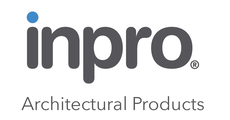 In honor of Zero Waste Month last month, we’re thrilled to highlight the zero waste achievements of a wonderful WasteCap Member company and valued partner: Inpro Corporation. Inpro is an industry-leading architectural product manufacturer based out of Muskego, Wisconsin. As a company, quality and environmental stewardship are at their core. 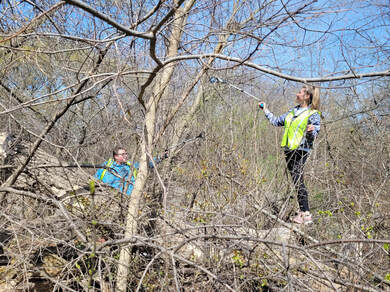 They aimed to become net zero compliant by 2025. Thanks to their consistent efforts, they’ve reached new heights this year, already achieving this goal three years ahead of schedule. “Waste audits were key to understanding our waste stream and the content of materials being sent to landfills,” say Jess Jenkins, Inpro’s Environmental and Technical Project Specialist, and Mark Alan, Inpro’s Senior Vice President of Product Management and Development. “Performing the audits allowed us to determine benchmarks and tracking methods for a variety of waste materials which in turn provided a method of prioritizing the changes we needed to make.” Check out more of Mark and Jess’s insights below on the zero waste process, the many benefits of waste reduction for businesses and their communities, and what’s next for sustainability at Inpro. What changes did you implement this year to reach zero waste? Our team had been solely focused on finding secondary uses for our production scrap along with separating recyclables from our waste stream, which we found to be challenging. We were making some progress, but the pace was slow. Once we reached out to learn how other local companies are achieving success toward zero waste to landfill, we widened our focus to include production yields and determine methods of reducing our production scrap. By applying six sigma methods, we found several opportunities to lower our material scrap and take credit for diverting it away from landfills. 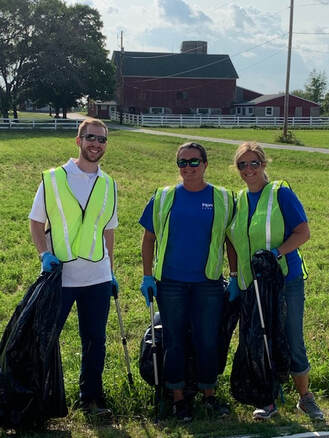 Why should companies be working to reduce waste? The obvious answer is that it’s the right thing to do for our environment, but the extent of benefits is far more reaching. We’ve improved production methods by increasing our yield and reducing our raw material consumption, which reduced our overall cost. Another benefit was the level of employee engagement. Our employees WANT to be involved and contribute to waste diversion. Inpro has established an Environmental Management Team to help further its goals. How are you working to sustain zero waste operations, and what’s next for 2023? Achieving zero waste to landfill is not a one-and-done exercise. The EMS team has established tracking methods and monthly reporting which allows our company to take action and remain current with the goal. Additional initiatives have also been identified and prioritized as we continue our efforts. Now that we’ve reached a compliant level, we will pursue the GBCI TRUE certification. In addition to this major milestone, Inpro is proud to celebrate their commitment to sustainability in business through many other accomplishments and initiatives.
WasteCap has been busy since 1996, helping businesses find ways to transform waste into resources through reduction, reuse, recycling and composting. In 2005 we started recording that impact, which passed some major new milestones last year! Waste is more than trash in a landfill, or litter in our parks and waters. Waste is the acres of habitat leveled to obtain material, the energy and water consumed to make and move products, the jobs created in recycling and remanufacture, and the cost savings of reuse and recycling.
Looking for a new home for your waste? Whether its a reuse store for your old light fixtures, a hauler to take loads of clean drywall from your construction site, or a partner to process your corporate campus's e-waste, the Wisconsin Resource Directory makes finding local outlets easy. Thanks to our sponsors, we were able to put our knowledge of Wisconsin's markets online for anyone to conduct their own map-based searches. If your business isn't in the directory, you can easily add your locations directly through the home page. If your business is in the directory, contact us at [email protected] to update your listing with detailed business hours, material handling instructions, or other marketing material. If you'd like to support the directory and include your advertising, please email [email protected] WE SUNSETED WASTECAP TRACE ON SEPTEMBER 17, 2021!
For 16 years WasteCap hosted an online tool to manage your waste diversion operation and gauge it's performance. It focused on building a waste management plan that was effective and delineated clear responsibilities, tracking each waste material stream and providing insightful reporting for any time frame on multiple projects. It was supported by the community for many years, and we'd like to thank everyone who contributed to making it a success. See below: the impact of TRACE and information on transitioning your data. THE IMPACT OF TRACE Since 2005, TRACE has helped companies and individuals, in Wisconsin and beyond, to divert over 1 million tons of material from landfills and incinerators.
Enough material was kept out of landfills to fill Lambeau Field to the top of the stadium 1.8 times, about 42% of an average Wisconsin landfill. Finding better uses for that material effectively added a month and a half of life to each of Wisconsin's 53 landfills. More importantly, getting this material back into the economy has saved:
On behalf of WasteCap I would like to personally thank those companies that supported TRACE over the years. We could not have continued this long without your help. TRANSITIONING YOUR DATA You will be able to access your data and run reports until September 17, 2021. Before then, please choose the next step that best suits your needs:
Waste isn't just litter on the side of the road
Every step of the process requires it's own sacrifice of energy, water, and habitat, and generates its own waste material. Processing and finishing waste averages 70 times the weight or volume of a product, but the consumed energy, water and habitat compounds the hidden costs of waste. talk about the bigger picture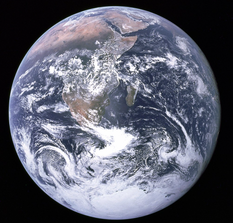 In Wisconsin, mountains of trash are cheap and easy to build. Waste doesn't have to go far to find one. Except for a few materials, there is little cost difference between landfilling and recycling. Efforts to divert waste from the landfill can be hard to justify based on disposal cost alone, so reduction is a key strategy for many. Savings are almost always hundreds of times higher if a material isn't purchased in the first place. Beyond direct costs, understanding the broader impact of wasteful practices can help a business or institution value the effects of its actions on its customers, community and supply chain. There are tools and rules of thumb that can be used to estimate the greater economic and environmental impacts of your waste. The EPA's WARM model estimates atmospheric impacts, energy savings and job creation trends. At WasteCap we also like to note any water and habitat savings estimates that can be made as well. START MEASURING TODAY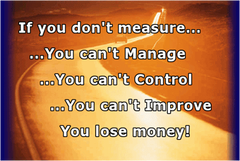 Set improvement goals based on the values that strike the strongest cord within an organization. Any goal to improve waste diversion (the percentage of material kept out of landfills) should also include material reduction efforts. Benchmark waste quantities against the key performance indicators that drive the numbers - total occupant hours, widgets produced, or shipments moved, for example. Determining success isn't possible however without data. You can't manage what you don't measure, and you can't assume you're succeeding if you don't know the facts. invite a professional to review your operations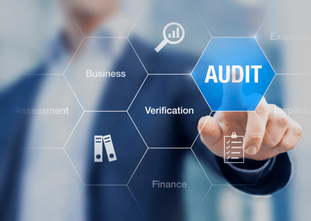 Most of the companies that reach out to WasteCap already have a commitment to do better, be it for their shareholders, their employees, their community or their customers. Sometimes they are just starting their journey to improve their diversion rate, others are seeking help with zero waste certification. They all believe they are doing an great job, and it took them a leap of faith to ask for an outside opinion. For that they were always rewarded. Zero waste professionals like those at WasteCap are able to quickly cover basic principles and common sources of errors. These initial cursory audits can reveal a lot in a short amount of time. Once the gaps are identified, you can build up an appropriate response that delivers the best returns for your particular values. Reducing waste isn't a quick or easy journey, but there are plenty of us here who can help. Three Ways You Can Change the WorldOn your own, every purchase you make and every piece of material you throw away makes a small impact on the resources wasted locally and around the world. By working together we can move markets, create jobs, keep our communities healthy, and preserve the beauty of Wisconsin. Please consider WasteCap in ways large and small this season, and beyond, with these simple options.  Tell corporations who you support: *The same site with the same deals. *A portion of every purchase goes to the non-profit of your choice. *Please use smile.amazon.com and select WasteCap as your non-profit!  Donate directly to make an impact: *Expands our material and economic research. *Helps us reach out to new audiences. *Supports internships and education opportunities. *Improves waste reduction tools for the public. *Enables us to advise local and national efforts to reduce waste to landfill.  Become a member to move markets: *Send WasteCap to speak at conferences and advocate change. *Sponsor the next generation of interns changing the world. *Solve Wisconsin's need for food security, local energy, and greenhouse gas reduction through better use of organic waste. *Give Wisconsin students the opportunity to deconstruct a building slated for the landfill and take those materials back to their art and trade classes. *Increase Wisconsin's use of recycled material, purity of material streams, and options for reuse and recycling. *Create a reuse and recycling directory for Wisconsin. Or we can simply provide you or your company with insight, resources, and a helping hand on your waste reduction journey.
Microsoft Uses an Old Idea to Get to 90% Waste Reduction
Material Reuse DOES HAVE Its Hazards
RESOURCES TO PUSH Enhanced Producer ResponsibilityPlacing the responsibility to recycle entirely on the user only gets us part of the way towards a circular economy. Market forces aren’t enough to make producers consider their material choices, and so many locales are turning to EPR regulations as a way to hold producers accountable for the products they put into the market
For EPR to work, though, it has to be done right. Some of our current programs simply end up as a mandated upcharge that producers simply pocket with no actual requirement to reduce waste. Others have worked as intended for decades, like the bottle and can deposits requirements. More needs to be done. If you want to see more corporate responsibility, these resources can help you convince your state politicians to keep us moving forward.
All interested candidates should send a (1) cover letter and (2) resume by email or mail to:
Rob Schaefer (Business Manager) [email protected] WasteCap Resource Solutions, Inc. 2123 W. Michigan St. Suite 100 Milwaukee, WI 53233
|
WasteCap News
Stay up-to-date on the latest waste reduction practices, innovations, tips & tricks on recycling, member spotlights, and industry news. Archives
March 2024
Categories
All
|
||||||||||||||||||||||||||||||||||||||||||||||||||||||||||||||||||||||
|
SUSCRIBE TO WASTECAP NEWS
|
STAY CONNECTED
|
© Wastecap Resource Solutions Inc. All rights reserved.

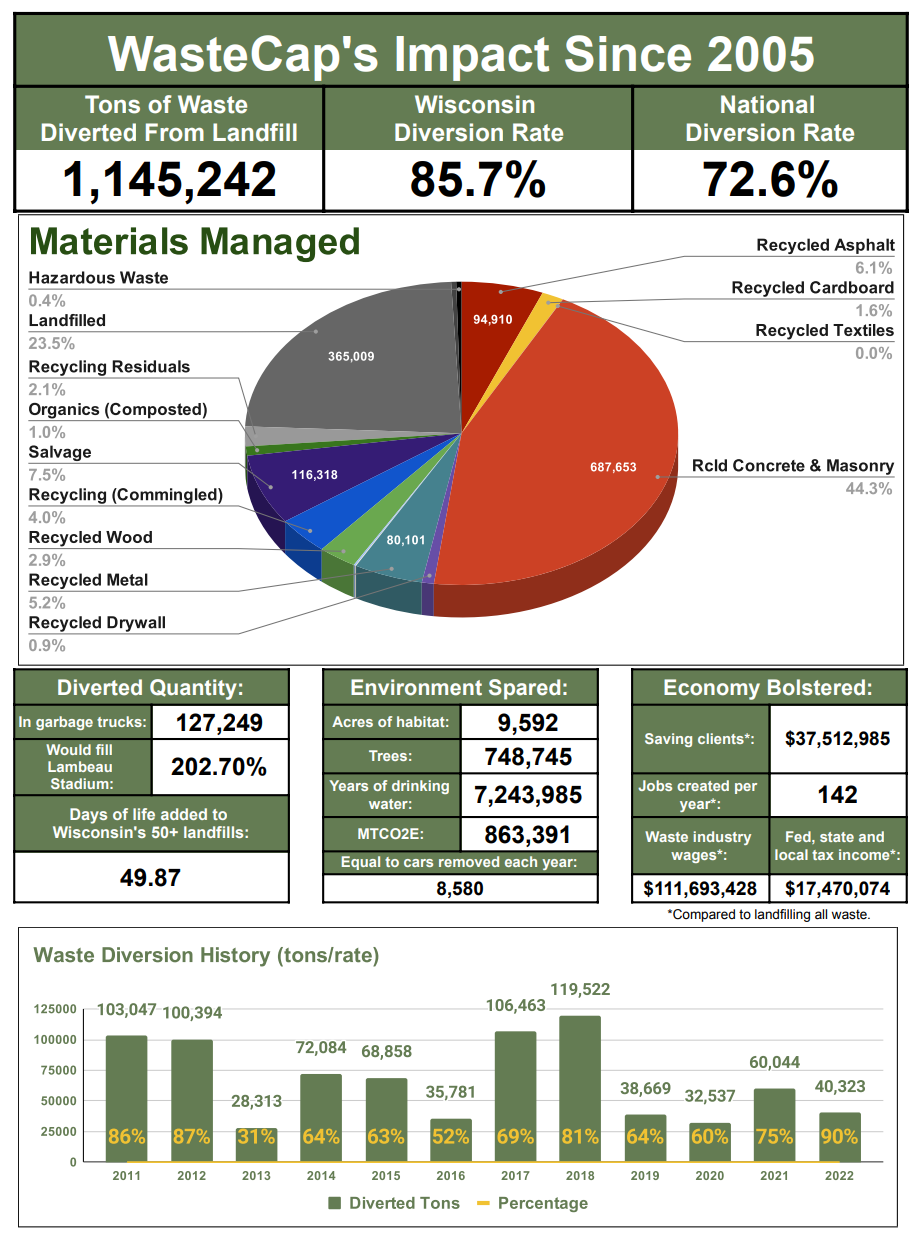
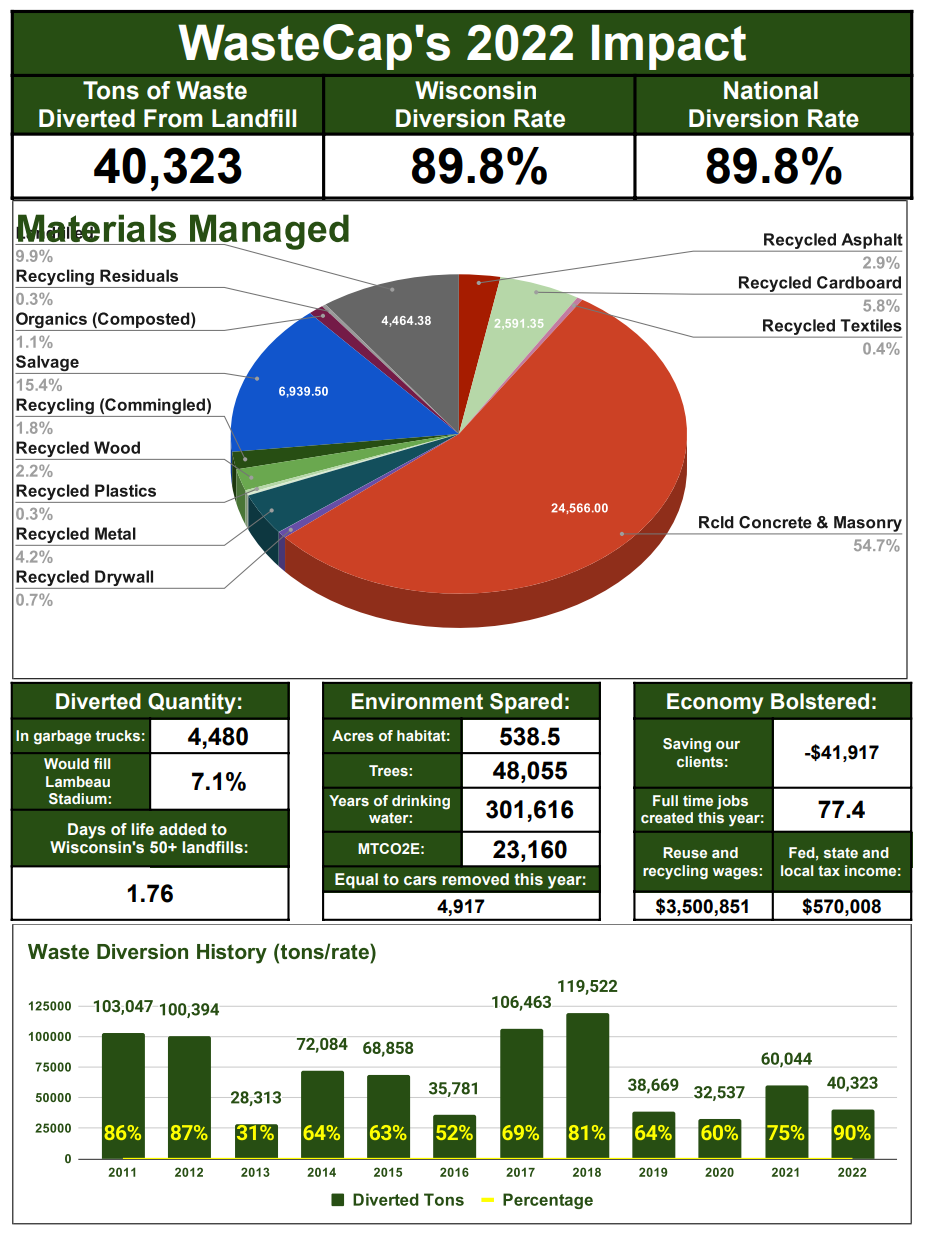


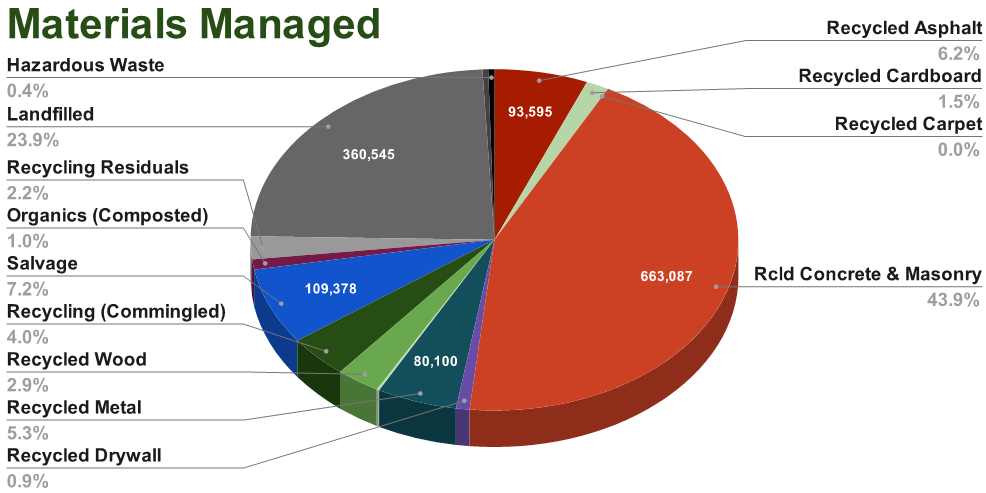



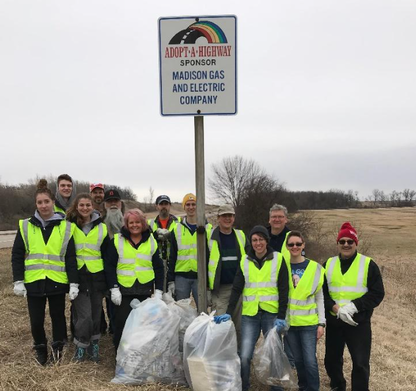
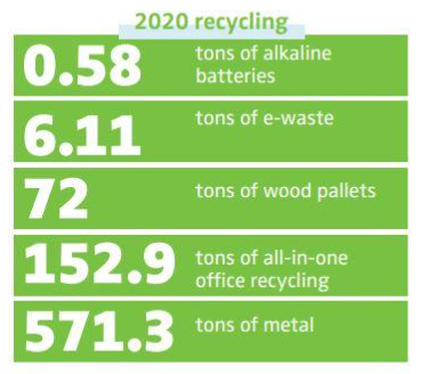


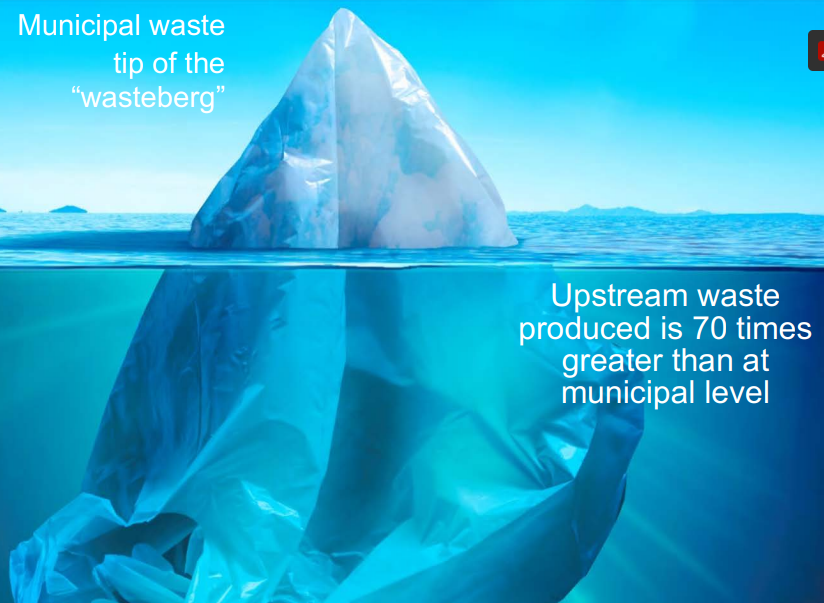




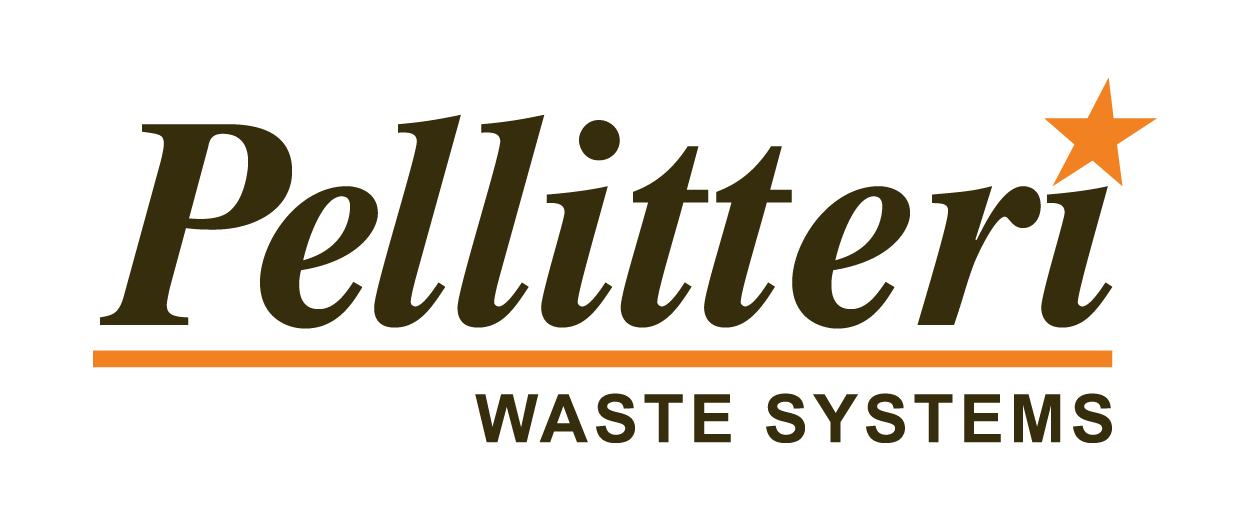
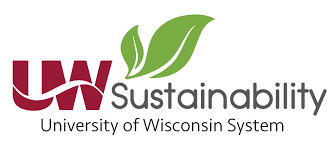

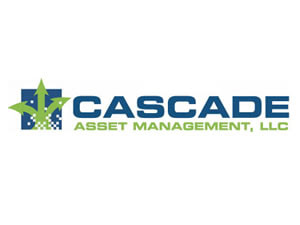
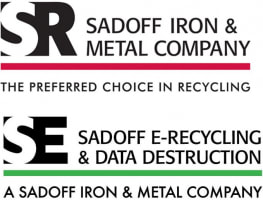

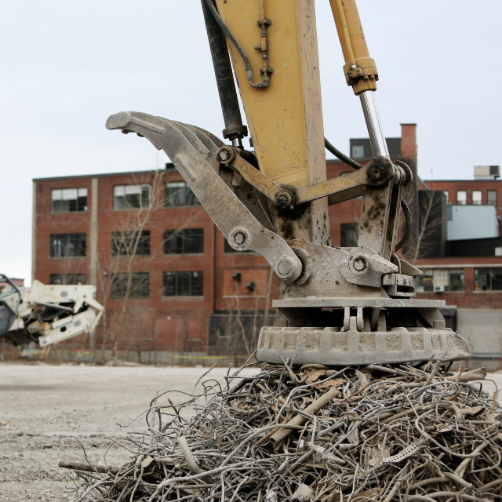
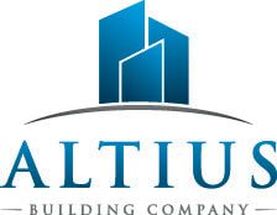
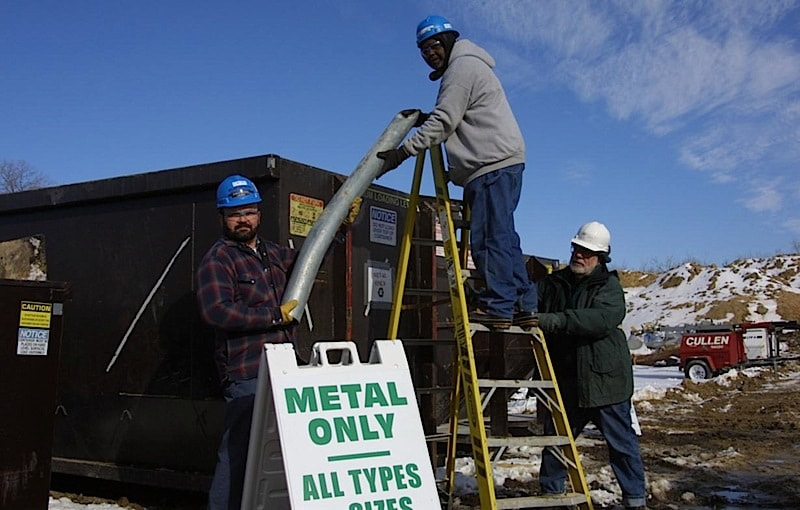
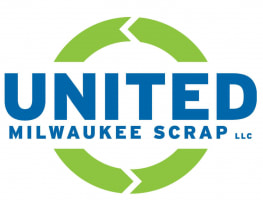
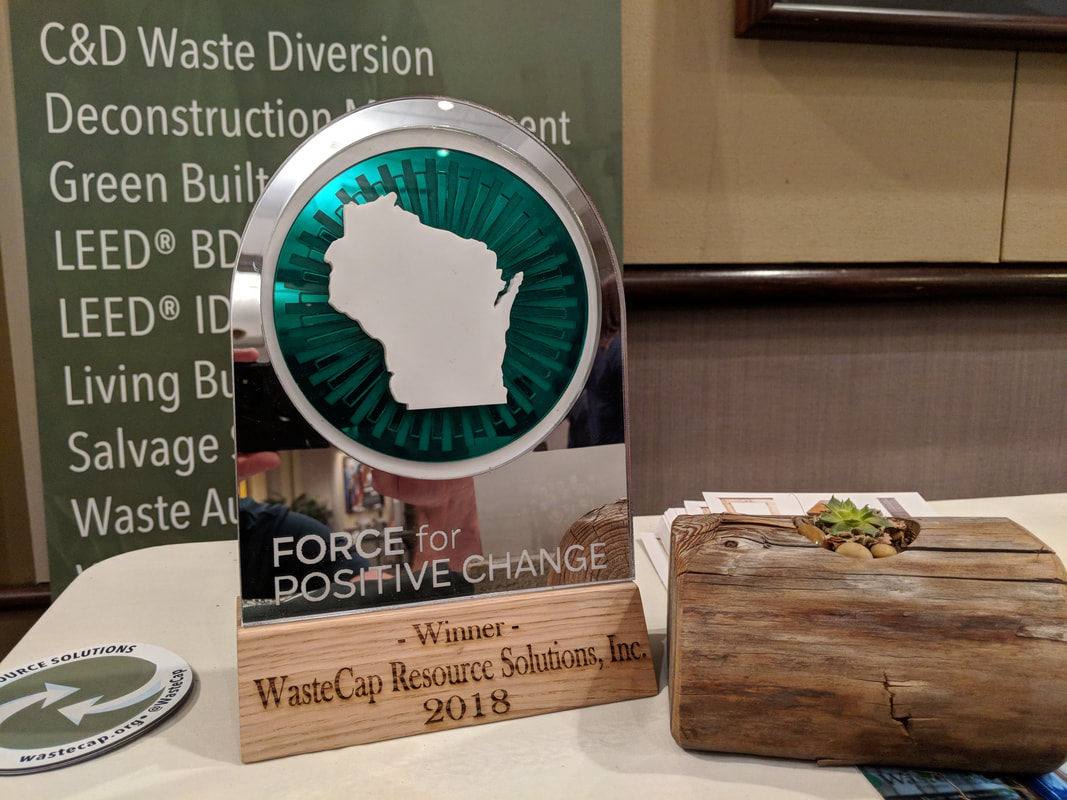
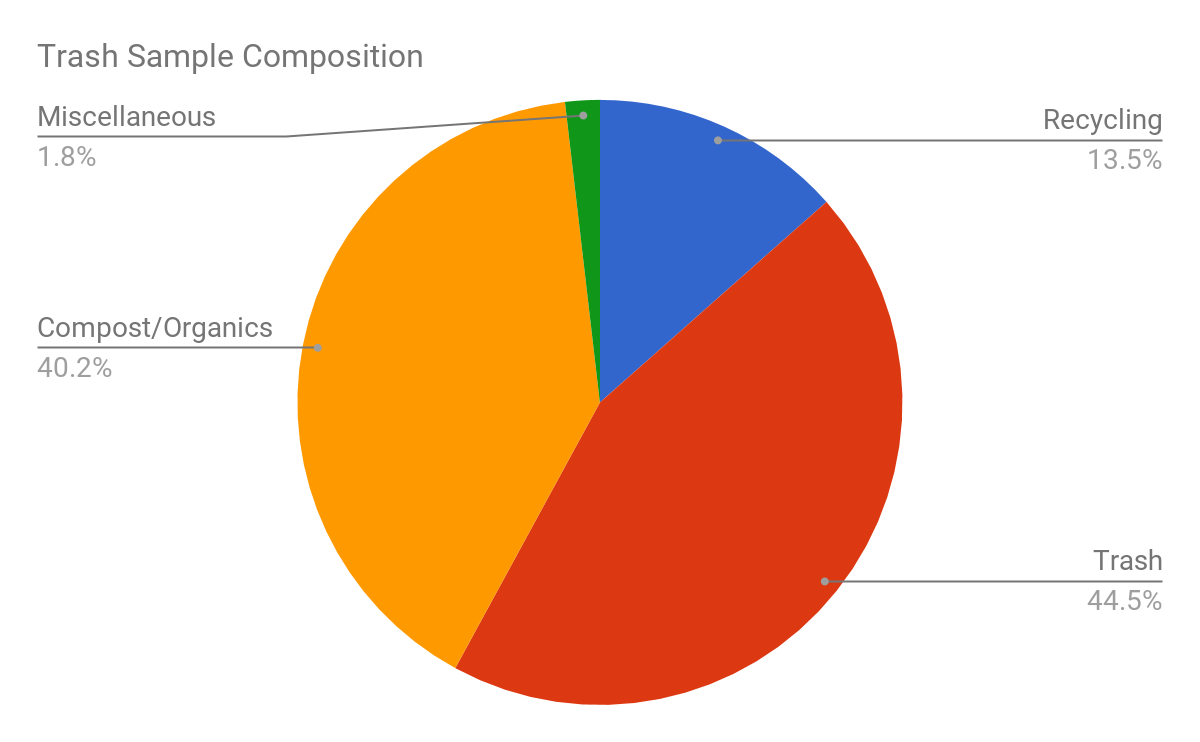

 RSS Feed
RSS Feed
